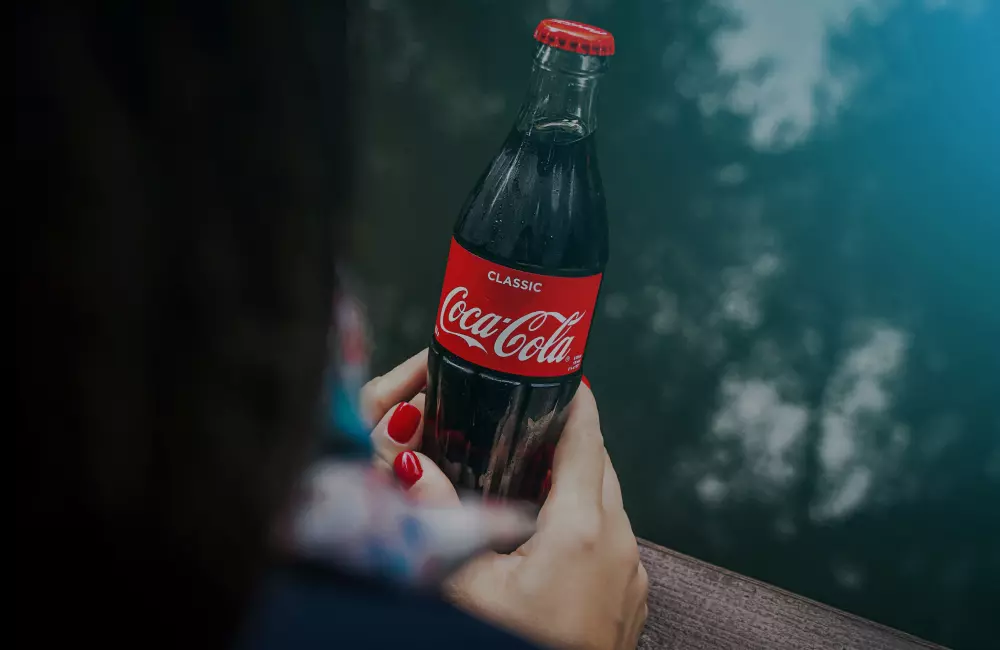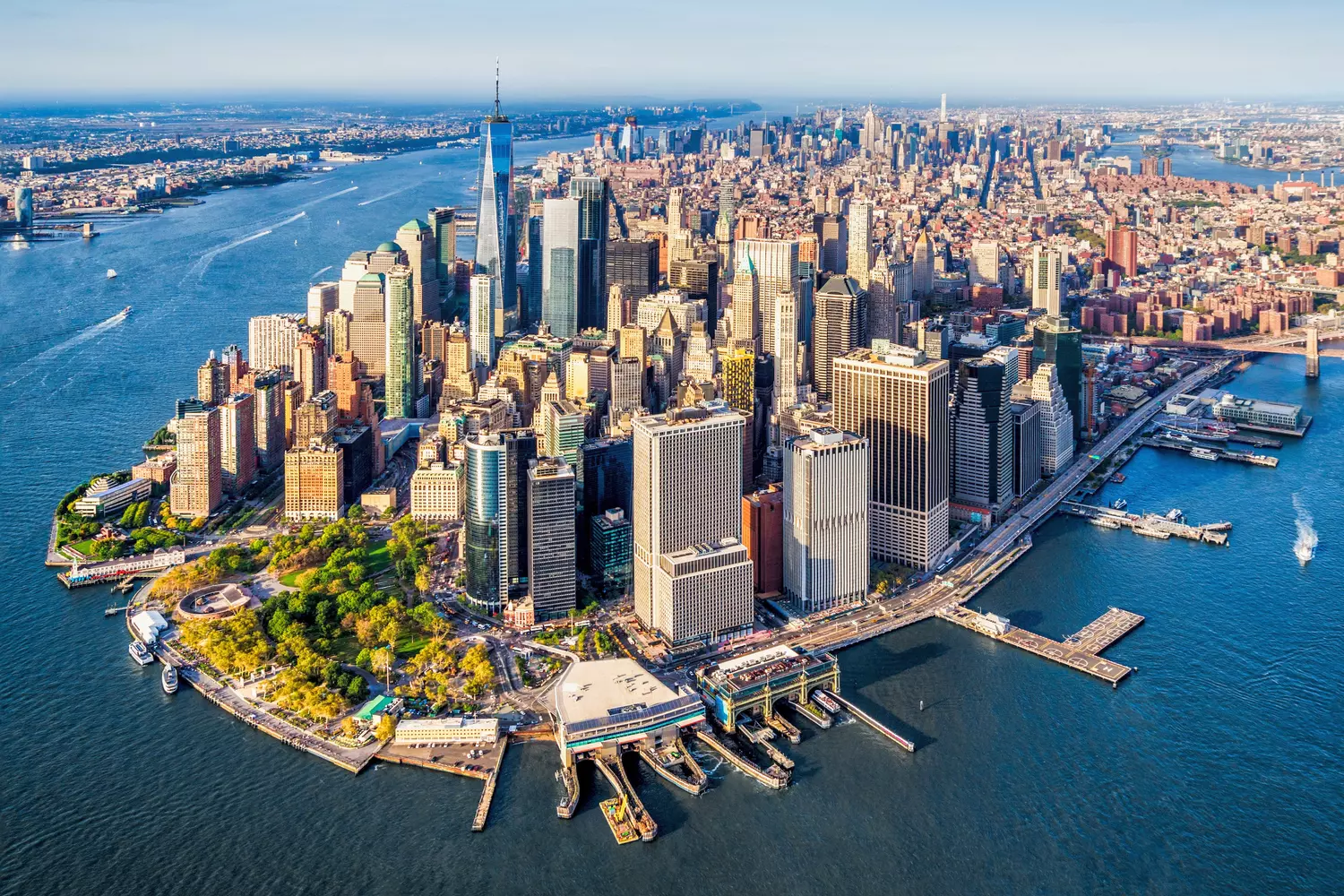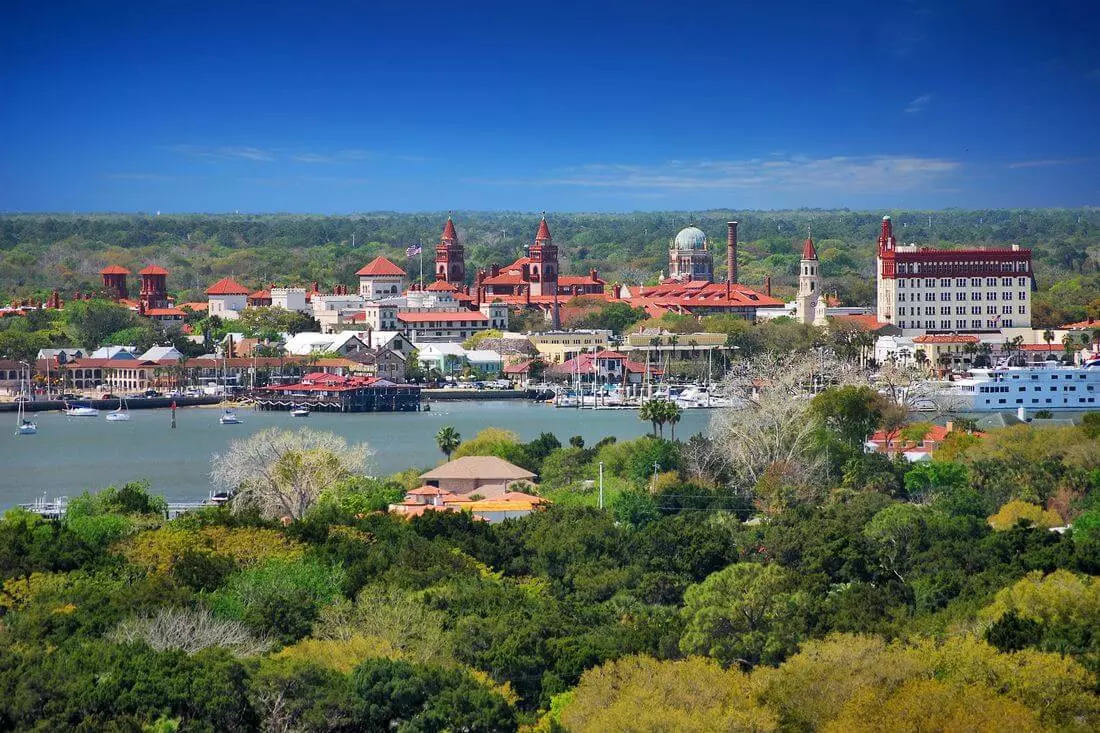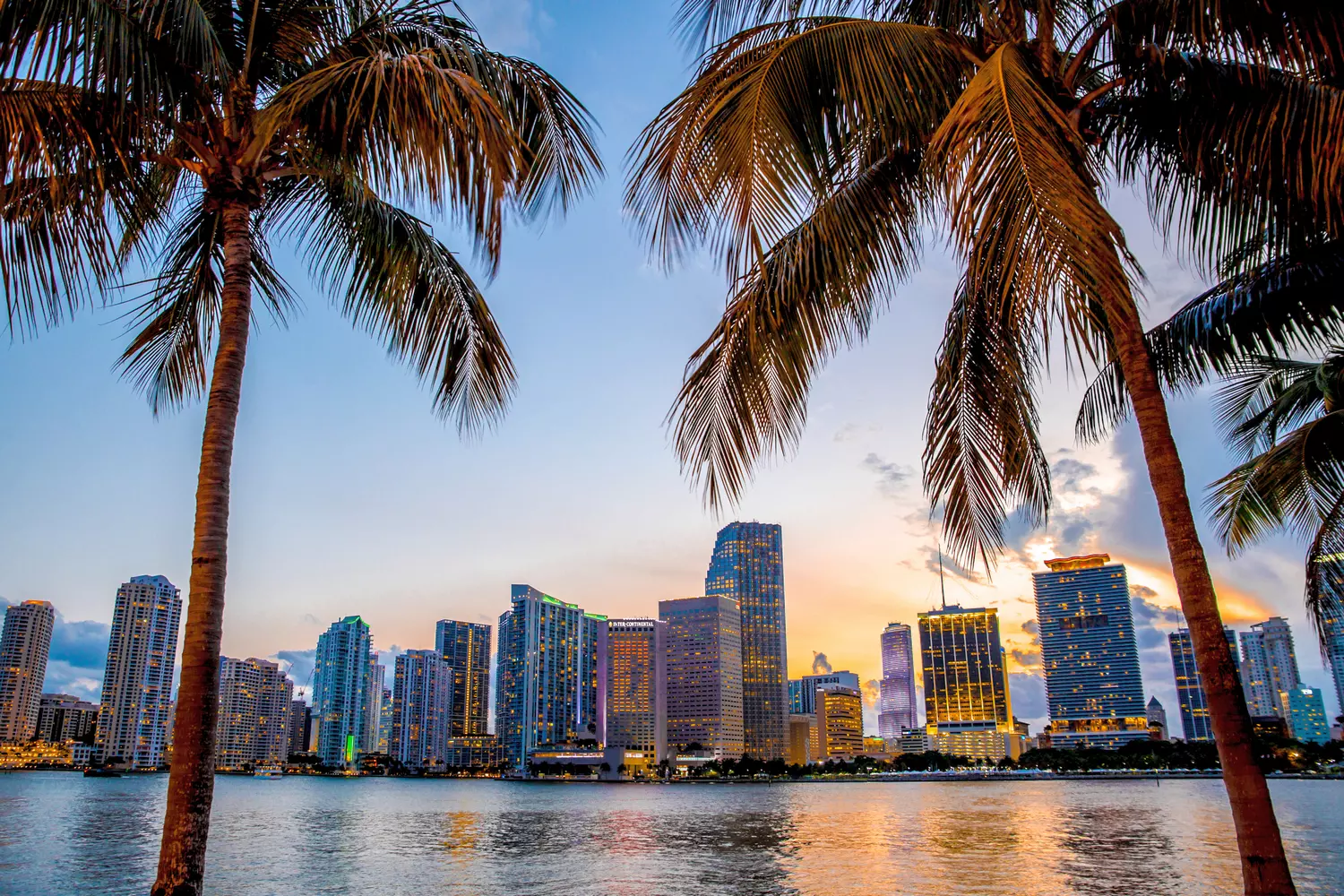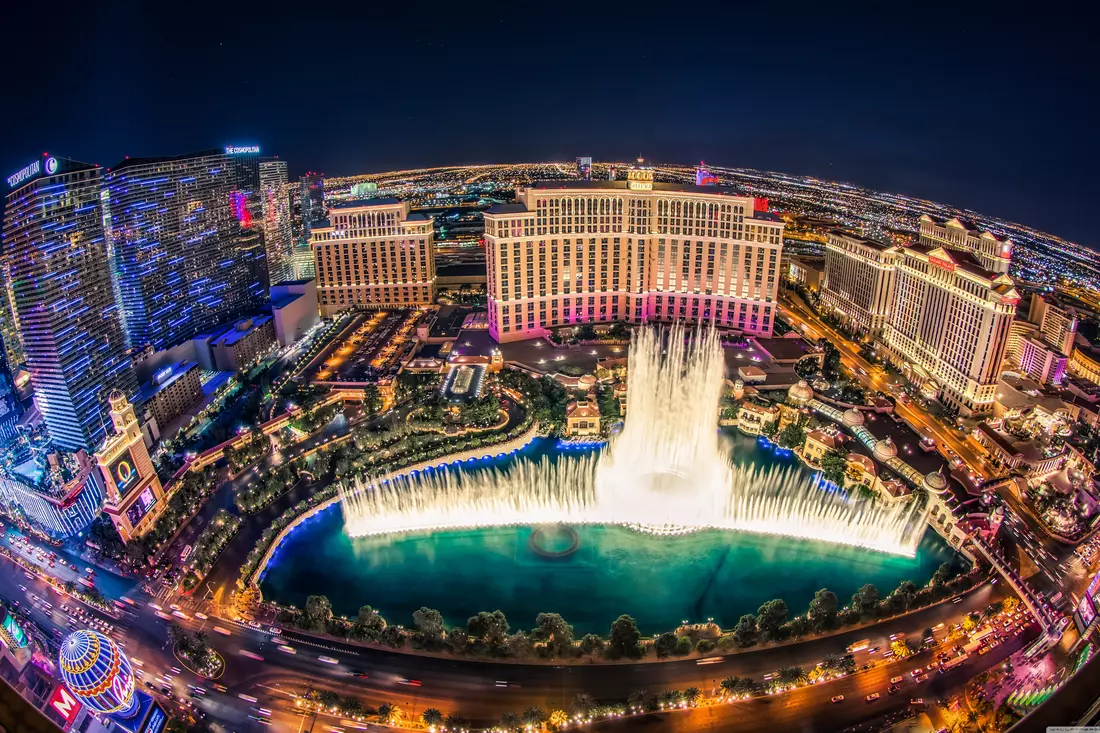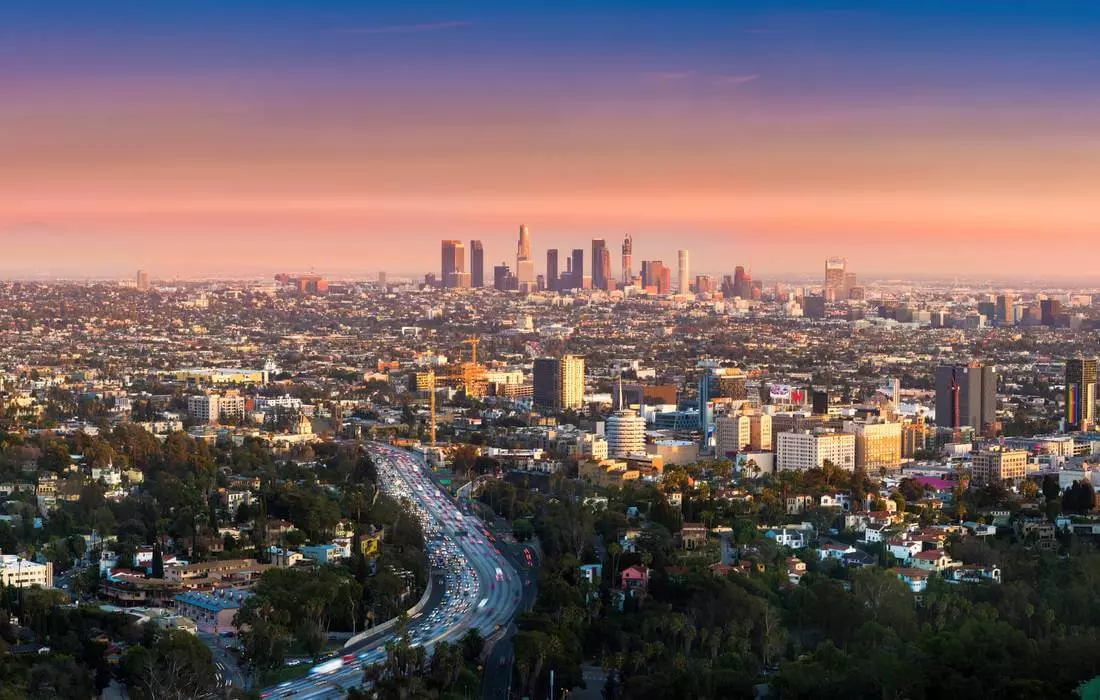Recycling as a key to a clean planet
10 years in prison for dumping trash? Easily, if you threw the packaging from under the laundry detergent in the tank for food waste. More recently, Americans did not want to dig in the trash, but now it is a whole culture and big business with an annual turnover of $245 billion. But how does trash affect the lives of ordinary Americans?
It is believed that the USA is the most powerful consumer society in the world. And where there is consumption, industrial and household waste is necessarily present. According to US statistics, an average of 700,000 tons of garbage is produced per day. However, even with such indicators, Americans manage to find ways to reconcile man and nature.
The standards for regulation, sorting and recycling are increasing every year.
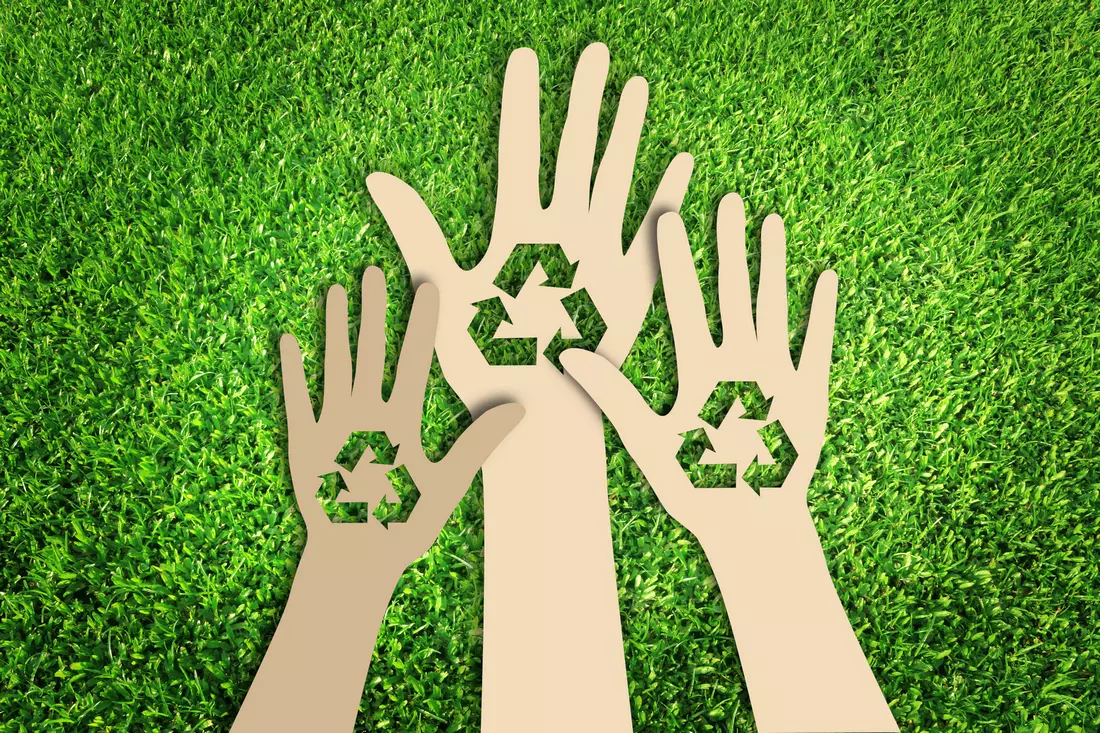
How and when waste services appeared
Until the late 19th century, Americans didn't care much about waste. Ecology was of interest to a very narrow segment of the population, and at the government level, the issue simply wasn't raised. There were a few recycling centers in the country, but their load was almost zero.
Interestingly, the mafia first took an interest in the waste collection and recycling business. They saw it as profitable and started controlling all garbage trucks, recycling points, and sanitation services first in New York, and then in other parts of the country. Any company or homeowner who didn't want to regularly remove waste could face serious problems.
Soon, the mafia-controlled waste services began to cooperate with the authorities. For administrative bodies, this raised many issues. On one hand, the garbage trucks provided a service, but on the other, they absolutely didn't care about ecology and developed corruption schemes. By bribing officials, the waste mafia arranged for the disposal of waste within city limits, supposedly saving fuel for the trucks and reducing drivers' working hours.
Protests, overflowing landfills, and deteriorating conditions in the mid-20th century gradually began to discredit officials who encouraged the activities of waste monopolists. It was then decided to finally shift waste from the category of "business object" to the category of "strict environmental oversight object." It all started with the introduction of general rules for sorting and disposal.
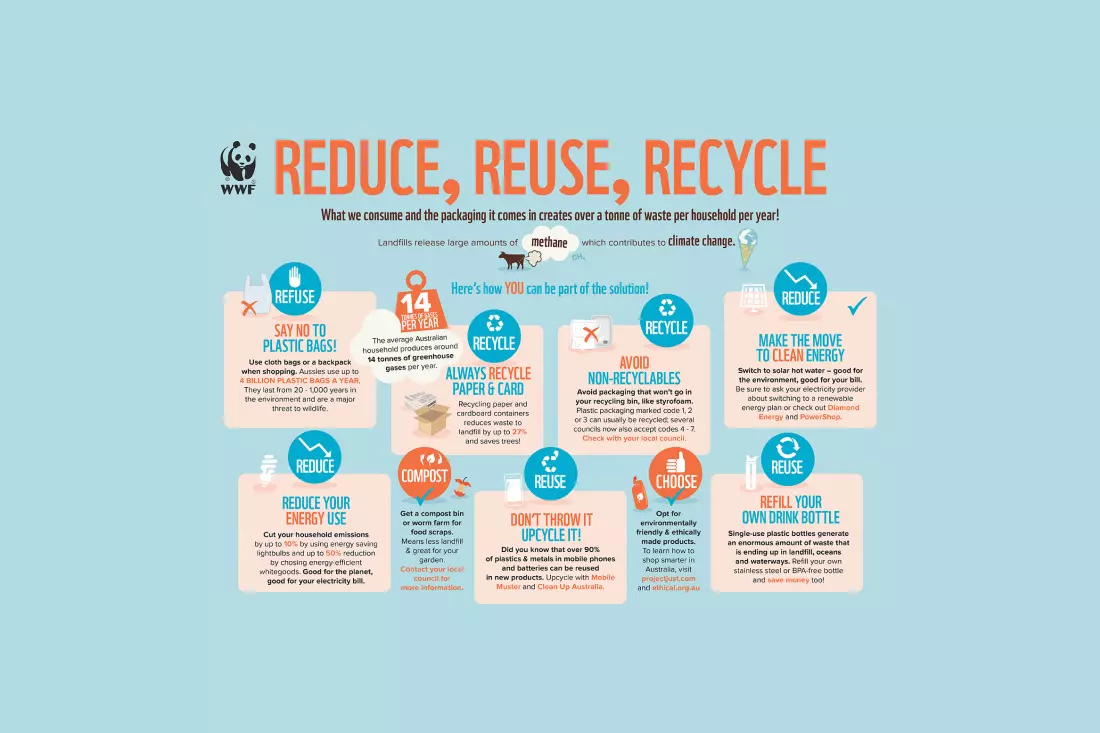
How to dispose of waste in the USA
It's hard to ignore any of the rules listed below because:
- 01.Garbage trucks collect sorted waste
Depending on its content — either in several trucks or on different days for different types of waste. - 02.Public oversight is vigilant
Even a close friend will report your violation to the police if they notice something wrong, let alone neighbors or passersby. - 03.Strict rules and high fines
Fines for littering in public places or along roads can reach $1000. For violating household waste disposal rules — around $2500, with even higher amounts for commercial enterprises. - 04.Mandatory waste sorting
Most cities and states require mandatory waste sorting. Metals, paper, glass, and organic waste must be separated and disposed of in the appropriate containers. - 05.Special containers for hazardous waste
Hazardous waste, such as batteries, light bulbs, chemicals, and electronics, must be disposed of at special collection points, as disposing of them in regular containers is strictly prohibited and can result in severe penalties.
By following these rules, you not only avoid fines but also contribute to environmental protection.
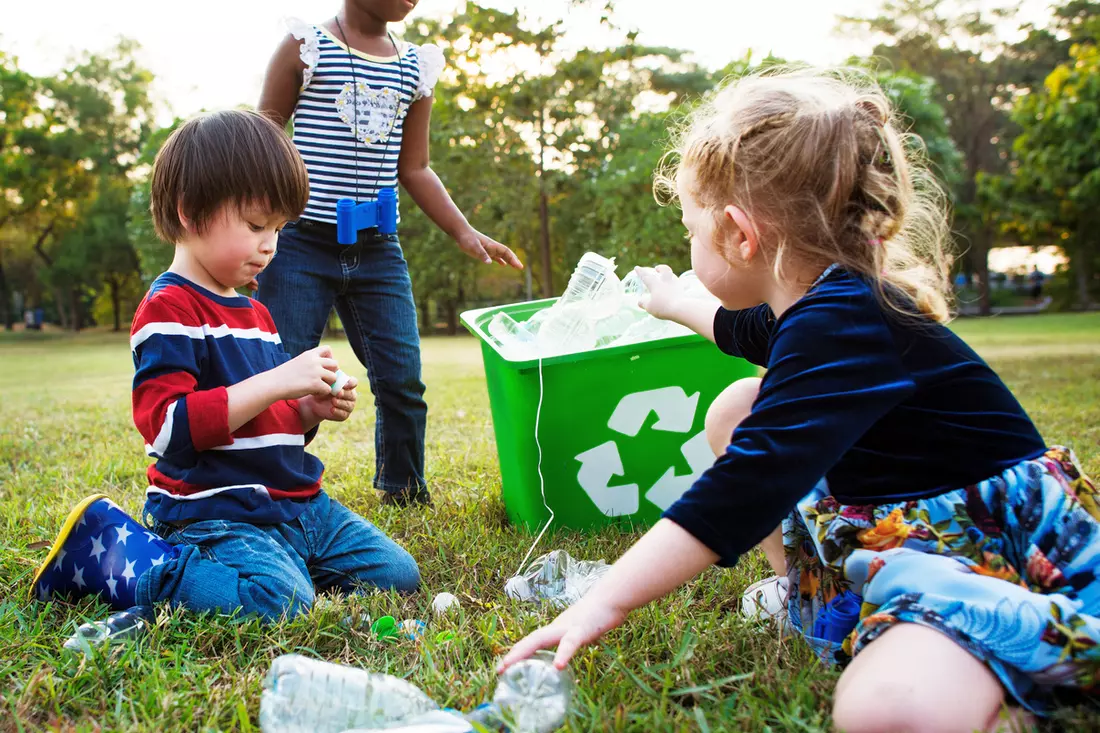
How to properly sort waste
Proper waste sorting is an important step towards preserving the environment and maintaining cleanliness in cities. This guide will cover the basic rules for sorting waste in homes with and without trash chutes, how to dispose of bulky waste, and the penalties for violations.
For Homes with Trash Chutes
In homes with trash chutes, the waste sorting process looks as follows:
- Food waste:
Collected in a separate bag and thrown down the trash chute. - Metal cans and glass bottles:
Placed in special containers located on the premises or near the house. - Paper waste:
Tied up or packed in a bag and left next to the containers. - Non-recyclable waste:
Collected in a separate bag and either disposed of in the appropriate container or down the trash chute in a special or marked bag.
For Homes and Buildings Without Trash Chutes
In such homes, a system of separate containers is used:
- Food waste and non-recyclable waste:
Two separate bins can be used for collection. - Glass containers, metal items, and paper:
Left next to the bins — they will be collected by the waste disposal service.
For having harmful substances or chemicals in your waste, you can receive 10 years in prison and a fine of approximately $6500.American Butler
Bulky or Construction Waste
This category includes furniture, electronics, interior items, and construction debris. Centralized removal of such waste is carried out two or three times a year during so-called "shredding days." This usually happens after Christmas and before Independence Day on July 4th. If there's no place to store old items until these days, you can use the following methods:
- Removal at your own expense:
By calling a special company. - Garage sale:
Your old items can find new owners and avoid ending up in a landfill.
Penalties for Improper Waste Disposal
Failure to comply with waste disposal rules can result in severe fines:
- Littering in public places or along roads:
Fine of about $1000. - Violating household waste disposal rules:
Fine of around $2500 (amount varies by state), and for commercial enterprises, the fines can be significantly higher.
Proper waste sorting not only helps maintain cleanliness but also makes a significant contribution to environmental protection. Follow the rules and remember that every correct step you take matters!
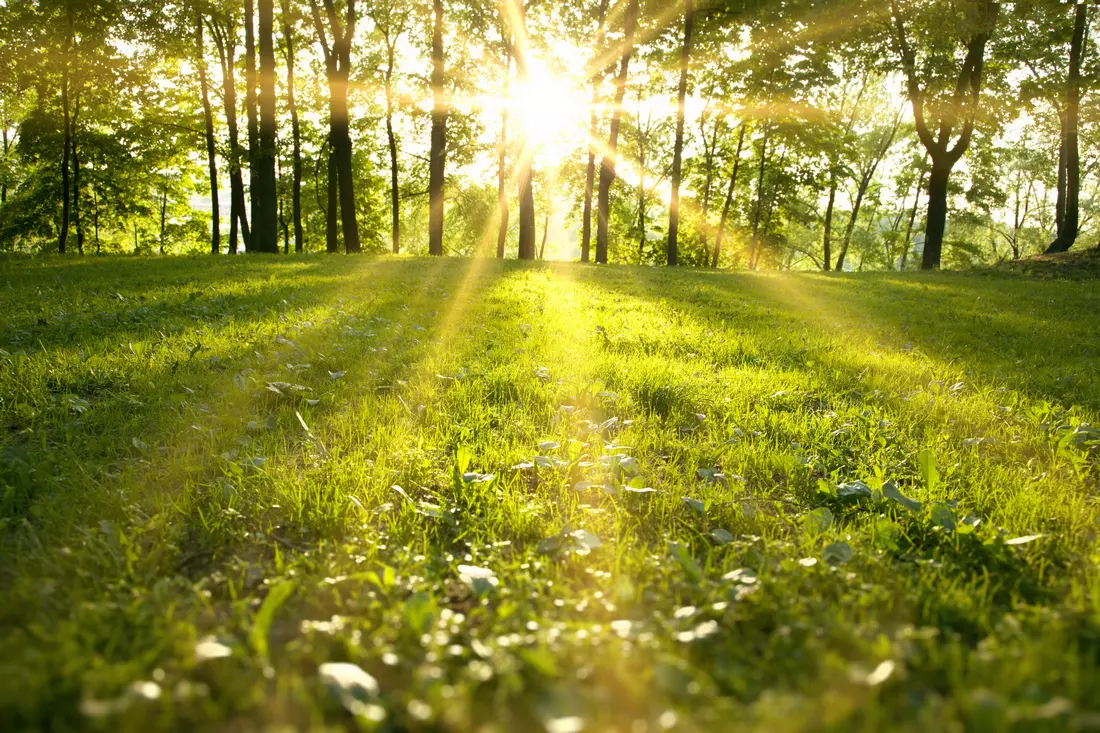
RRRationality: The Fight for Cleanliness
Since the beginning of the 21st century, the USA has been implementing a national program called Reduce, Reuse and Recycle, or simply RRR. It stands for:
- Reduce: Reducing consumption. This involves avoiding the purchase of new items in favor of using what you already have, as well as avoiding items made from hard-to-recycle materials.
- Reuse: Using items made from recycled materials.
- Recycle: Submitting items for recycling or disposal.
Most commonly recycled items include paper, plastic, glass, and metals.
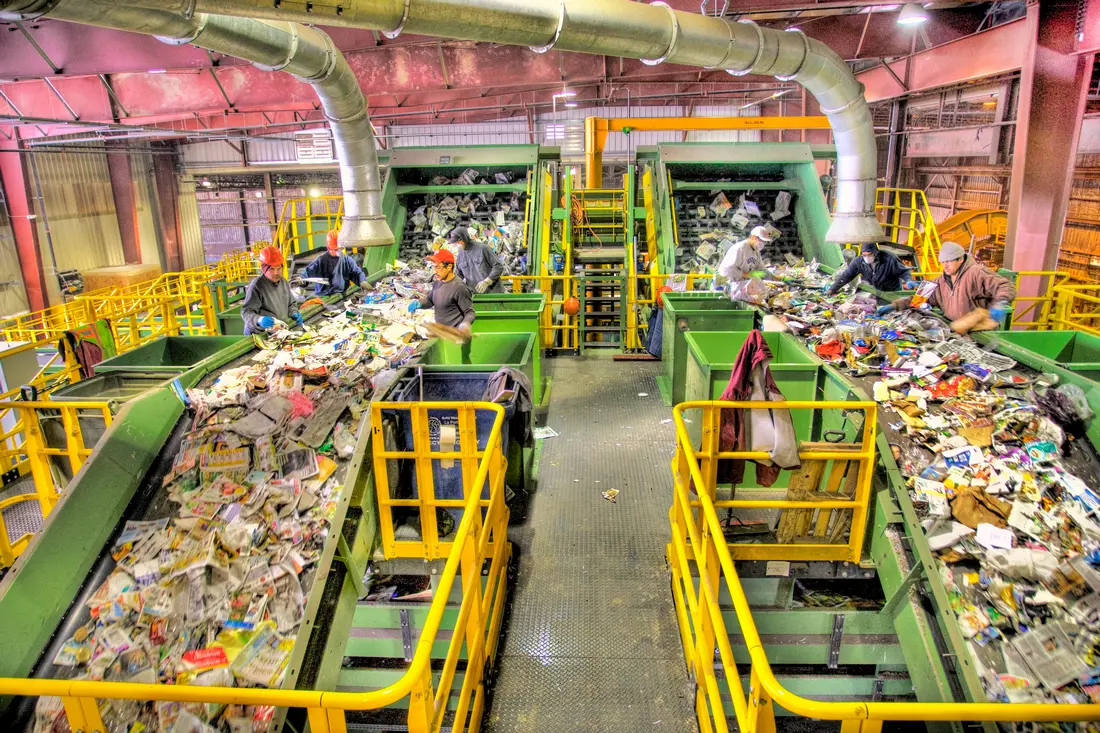
Why Waste Recycling is Important for the Environment
The simplest example of this program in action for ordinary citizens is product packaging. For example, you buy a plastic milk bottle in the supermarket. Its cost includes approximately 10-15 cents, which the government will spend on collecting, storing, and recycling the bottle in the future. But to prevent it from spending unnecessary time in landfills and taking up space, you can recycle it yourself and even get your "deposit" back.
During your next store visit, find the special department or machine, return the container, and get your money back. In the future, something new will be made from the cleaned material of your bottle. This means that factories won't need to produce more plastic, emit pollutants into the atmosphere, and litter the planet with nearly non-degradable waste.
This reduces landfill areas, recoups all production costs and resources, stimulates the economy, and prevents nature from being overwhelmed by waste it can't absorb. Former landfill sites are cleaned and converted into public spaces — parks, golf clubs, stadiums — under the supervision of ecologists.
In some states, where landfill reduction is slow, the development of so-called "landfill gas" is growing. Methane, which is actively released during decomposition, is used as an environmentally friendly fuel. All profits from its sale go towards developing recycling technologies or paying for city clean-up and beautification.
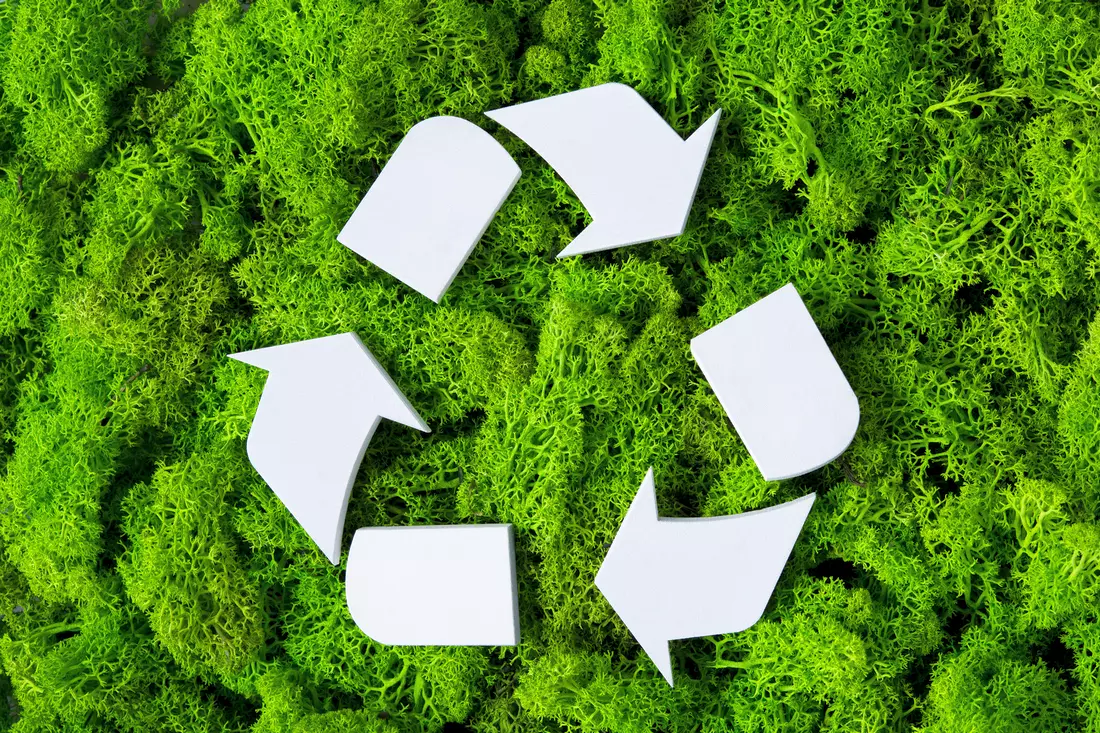
Indeed, the streets in the USA are pleasant to look at. If you haven't seen them yet, American Butler will definitely show you.
On our website, we not only introduce you to American culture but also help organize your trip or even relocation to the states.




























